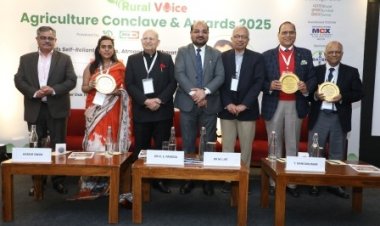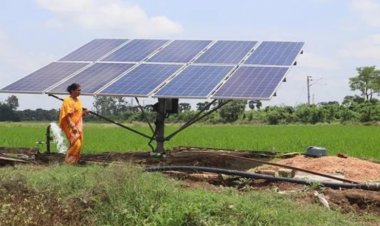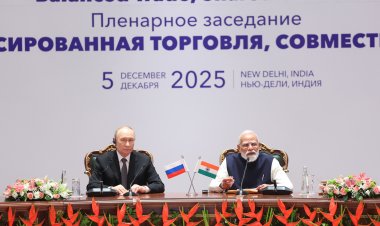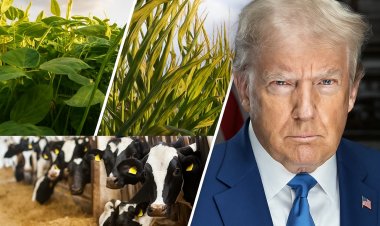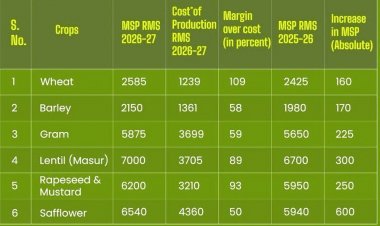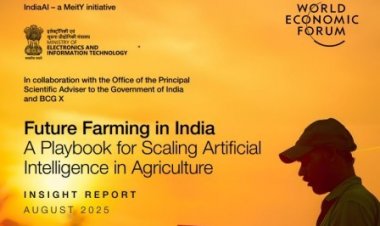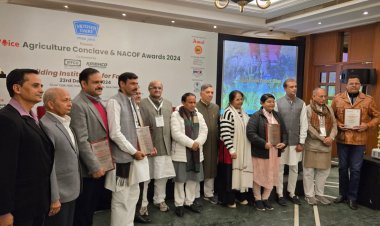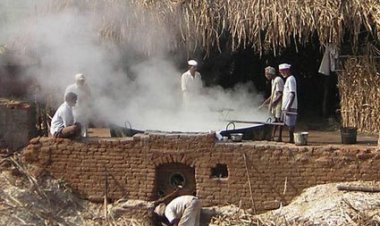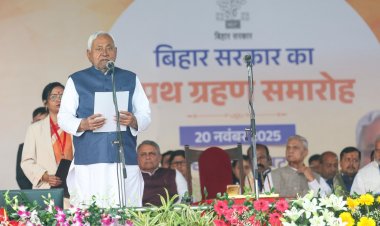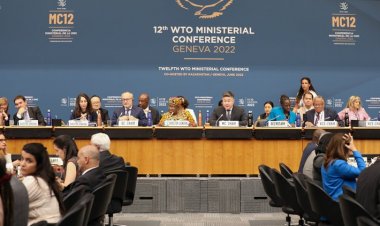49mn people in 43 countries one step away from famine: UN Secretary-General
António Guterres has suggested to the countries that they go for “investment in political solutions to end conflicts, prevent new ones and build sustainable peace. Most important of all, we need to end the war in Ukraine.” There is enough food for everyone in the world, he feels. “The issue is distribution and it is deeply linked to the war in Ukraine.”
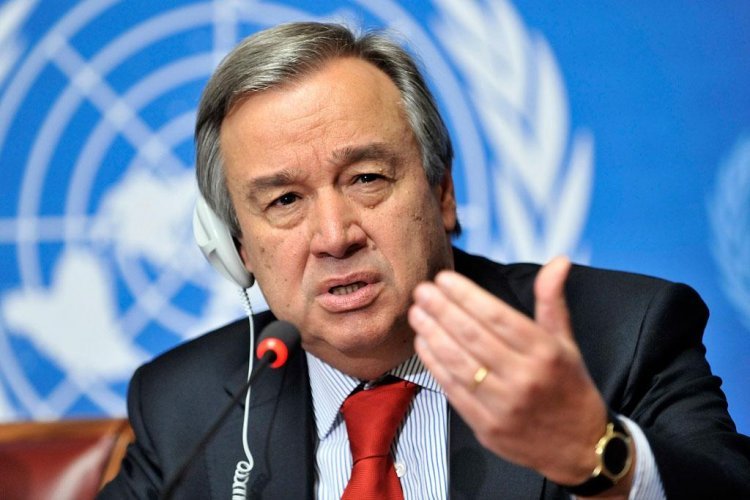
United Nations (UN) Secretary-General António Guterres has said that around the world, 49mn people in 43 countries are at emergency levels of hunger, known as IPC 4 — just one step away from famine. In other words, they are facing starvation and are doing everything they can to survive. Guterres blamed it majorly on wars and conflicts, whether it was the Russia-Ukraine war or internal conflicts. He was briefing the UN Security Council on conflict and food security in New York on May 19.
Guterres said, “As always, women and girls are worst affected, and this is reflected in rising rates of trafficking, forced marriage and other abuses. More than half a million people in Ethiopia, South Sudan, Yemen and Madagascar are already at so-called IPC level 5, which means catastrophic or famine conditions.”
According to Guterres, some 60 per cent of the world’s undernourished people live in areas affected by conflict. No country is immune. In April, the World Food Programme (WFP) and its partners distributed food and cash to more than 3mn Ukrainians. Until March, their country was feeding the world with abundant supplies of food.
Last year, most of the 140mn people suffering acute hunger around the world lived in just 10 countries: Afghanistan, Democratic Republic of the Congo, Ethiopia, Haiti, Nigeria, Pakistan, South Sudan, Sudan, Syria and Yemen, Guterres said.
He added, “At its most basic level, armed conflict creates hunger when fighting destroys farms and factories, drives people from their crops, creates shortages, and pushes up prices. Today, the impact of conflict is being amplified by the climate crisis and economic insecurity, heightened by the pandemic. As a result, decades of progress on hunger are being reversed.”
Citing the example of Niger, Guterres said that only 6 per cent of its population was fully immunized against Covid-19. While Niger scores the lowest of every country on the Human Development Index (HDI), it is in the top 10 countries vulnerable to the climate crisis.
Guterres said, “The number of acutely food-insecure people in Niger has more than doubled in the past two years. Unless action is taken now, it could rise to 4mn this year.”
The war in Ukraine, said Guterres, is now adding a frightening new dimension to this picture of global hunger. Russia’s invasion of its neighbour has effectively ended its food exports. Price increases of up to 30 per cent for staple foods threaten people in countries across Africa and the Middle East, including Cameroon, Libya, Somalia, Sudan and Yemen. Guterres said that the leaders of Senegal, Niger and Nigeria confirmed that they were on the brink of a perfect storm that threatened to devastate people and economies.
According to Guterres, humanitarian agencies are continuously engaged in preventing famine through food aid. But they are also suffering the impact of rising food prices. In East Africa, the cost of food assistance has increased on average 65 per cent in the past year. WFP has already been forced to reduce its support to 8mn hungry people in Yemen.
Guterres has suggested to the countries that they go for “investment in political solutions to end conflicts, prevent new ones and build sustainable peace. Most important of all, we need to end the war in Ukraine.” There is enough food for everyone in the world, he feels. “The issue is distribution and it is deeply linked to the war in Ukraine.”
Any meaningful solution to global food insecurity, said Guterres, requires reintegrating Ukraine’s agricultural production and the food and fertilizer production of Russia and Belarus into world markets — despite the war. “We are working to find a package deal that will enable Ukraine to export food, not only by train but through the Black Sea, and will bring Russian food and fertilizer production to world markets, without restrictions. This will require the goodwill of all countries concerned.”



 Join the RuralVoice whatsapp group
Join the RuralVoice whatsapp group

















